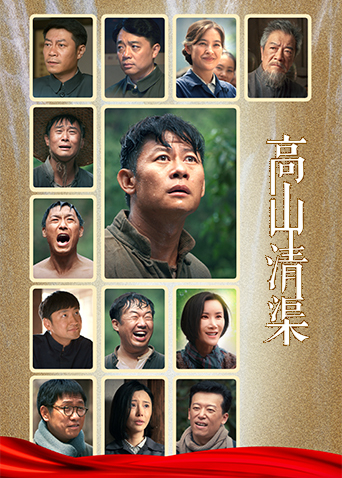骄傲的女主人埃丝特被诊断出患有运动神经元病,日本日韩身体每况愈下,日本日韩因此她决定吞药自杀,独自静静地离开这个世界。她告知了每一个人,将大家聚在他们偏远的住地共度周末。大家最初也都同意支持埃丝特这个不容易的决定,但随着周末的进行,事情的解决渐渐变弱,堆积的冲突被激起,各自的秘密也被揭露。

骄傲的女主人埃丝特被诊断出患有运动神经元病,日本日韩身体每况愈下,日本日韩因此她决定吞药自杀,独自静静地离开这个世界。她告知了每一个人,将大家聚在他们偏远的住地共度周末。大家最初也都同意支持埃丝特这个不容易的决定,但随着周末的进行,事情的解决渐渐变弱,堆积的冲突被激起,各自的秘密也被揭露。

回复 :史蒂夫(比尔·默瑞 Bill Murray 饰)是一名海洋纪录片导演,他的作品曾经为许多孩子的童年披上了梦幻的色彩。在一次拍摄中,史蒂夫的老朋友死于美洲虎鲨之口,这让史蒂夫深受打击,他发誓要找到虎鲨,为友报仇,并且将此作为新片的题材。在发布会上,史蒂夫遇见了自称是自己儿子的耐德(欧文·威尔逊 Owen Wilson 饰),他遂邀请这个年轻人加入他的创作团队。史蒂夫要面临的难题很多,资金短缺,和妻子的感情不和,并且,他所拍摄的纪录片已经渐渐的失去了吸引力。一位名叫珍妮(凯特·布兰切特 Cate Blanchett)的记者加入了史蒂夫的团队,她要为他写一本个人传记,然而,她和史蒂夫的相处并不融洽,倒是和耐德越走越近,这让史蒂夫醋意大发。同时,耐德的真实身份也让史蒂夫心寸怀疑。一群海盗的光临让史蒂夫的计划彻底破产,一名船员也惨遭绑架,面对这样糟糕的境况,身经百战的史蒂夫能够完成他的复仇计划吗?
回复 :马丁一出生就是个盲人,为了证实别人告诉自己的话是否都是事实,他从10岁起便开始坚持不懈地用手中的照相机拍照。为了证明自己未被欺骗,也为了证明自己的存在。在一次邂逅之后,平凡的厨师安迪成了他最信赖的人,尽管他们的友情也经历了种种考验。
回复 :京剧艺术大师梅兰芳先生的传记电影,但多处描写与史实不符。唱了大半辈子戏的大伯因在西太后寿辰中顾及家中出殡未穿红被赐一纸枷锁后,少年梅兰芳将他临死留下的一封书信随身携带,开始跟随与梅家有世交的京剧老生名角十三燕(王学圻)学唱戏、做人。十年后,梅兰芳(余少群)在梨园崭露头角,想着能一辈子清清白白唱戏、做人。对戏剧艺术有颇深研究的留洋司法局长邱如白(孙红雷)满腹牢骚于传统京剧,却在看过梅兰芳的演出后难抑激动,提笔给他写下鼓励、建议书信。梅兰芳也想创新表演,对邱如白十分感激。两人封封书信往来、见面促膝长谈中,梅兰芳对京剧的理解日渐加深、翻新,并收获“三哥”邱如白持续一辈子的单纯情谊。但梅兰芳也因此与十三燕生出分歧。两人在好事者的怂恿下决定对打擂台,梅兰芳大获全胜,迎来自己的时代。梅兰芳能成功,除了自个有非一般的悟性、邱如白时刻在艺术上将他鼓励外,尚因大银行家“六爷”冯子光(英达)在财力上慷慨相助。之后,梅兰芳(黎明)迎娶福芝芳(陈红),开始试图过台上销魂女子、台下一般男子的生活,却注定如身戴“纸枷锁”般难如愿:结识当红须生孟小冬(章子怡)后,他与之结成精神上的伉俪,却抱憾擦身;抗日时期,为了表气节,他蓄须忍痛离别心爱的舞台。期间助他在国际舞台上大放光彩的赴美演出,亦是好事多磨。
